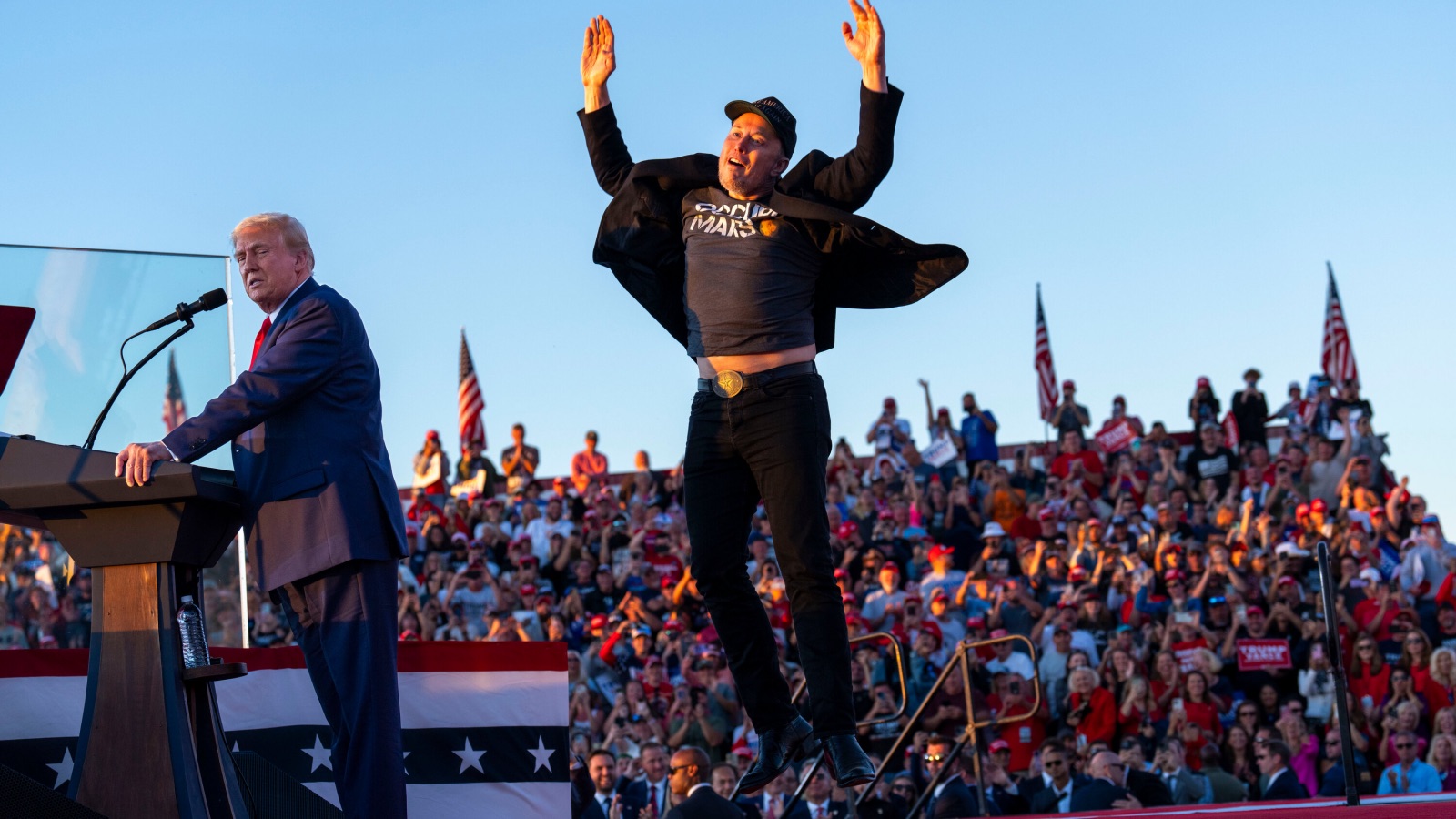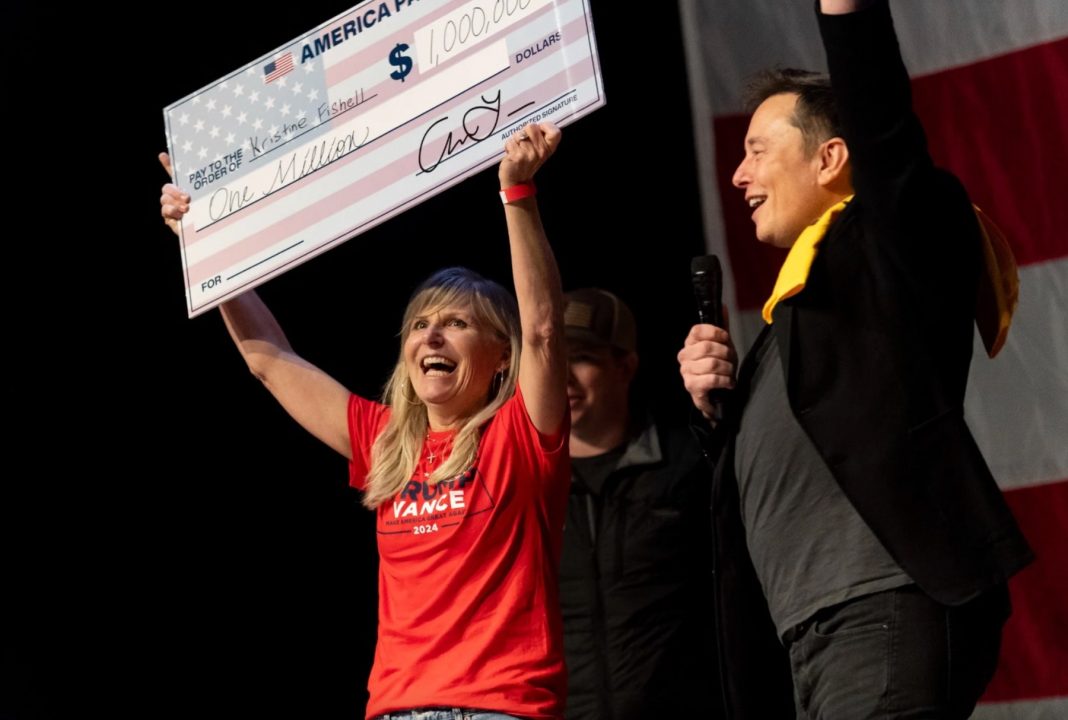PHILADELPHIA, USA — Philadelphia District Attorney Lawrence Krasner has filed a lawsuit against Elon Musk and his political group, America PAC, in an effort to block the billionaire’s $1 million voter giveaway to voters in battleground states, calling it an “illegal lottery.”
The legal action comes just one week before the presidential election on November 5, amid a close race between Vice President Kamala Harris and former President Donald Trump, whom Musk is actively supporting.
The lawsuit, filed Monday, October 28, 2024, follows a warning from the U.S. Department of Justice, which expressed concerns that Musk’s sweepstakes-style giveaways may violate federal election laws.
In October, Musk announced plans to award $1 million prizes daily to randomly selected voters in seven key swing states—Pennsylvania, Georgia, Nevada, Arizona, Wisconsin, Michigan, and North Carolina—until the election.
To enter, participants must provide personal information, including addresses and phone numbers, and sign a pledge affirming their support for the U.S. Constitution.
“This is an unregulated lottery scheme,” District Attorney Krasner said in the lawsuit, urging an immediate court injunction.
“America PAC and Musk must be stopped, immediately, before the upcoming Presidential Election.”
The lawsuit accuses Musk of attempting to gather personal data and influence voters in swing states through financial incentives without requiring specific party affiliation or voting behaviour.
Legal Implications of Musk’s $1 Million Giveaway
In response, America PAC representatives have defended the campaign, arguing it does not violate laws prohibiting vote-buying.
According to the PAC’s statement, the giveaway is intended to celebrate democracy, with no strings attached concerning voters’ political alignment or behaviour.
The PAC implied it will continue with the $1 million daily awards, which have already seen nine winners.
Musk’s initiative has stirred a legal debate over whether the daily cash prizes might influence voter behavior, particularly in politically sensitive states.
Legal experts note that while U.S. federal law prohibits payment to individuals solely to register to vote, the giveaway’s broader conditions leave its legality in a “grey area.”
Philadelphia’s lawsuit argues that Musk and America PAC’s actions are misleading and deceptive under state consumer protection laws, and could confuse voters.
The lawsuit points to Musk’s requirement for entrants to pledge support for the U.S. Constitution as potentially coercive, suggesting that this “political pledge in exchange for cash” could sway voter intentions.
Swift Political Backlash
The Democratic Party has swiftly condemned Musk’s initiative, accusing him of attempting to sway the election through financial incentives.
Vice President Kamala Harris’s campaign has criticised the giveaway as a deliberate attempt to gather data on voters and target specific demographics in swing states.

Doug Mills/The New York Times
Preliminary Hearing Scheduled
A preliminary court hearing on the matter is scheduled for Friday in Philadelphia, just three days before the election.
District Attorney Krasner is requesting an injunction to prevent further prize distributions, arguing that the initiative could “unduly influence” the electorate.
The outcome of the hearing could set a precedent for the role of private financial incentives in public elections.
With the legal status of Musk’s giveaway still under question, the stakes are high.
Federal and state authorities will continue to closely monitor America PAC’s activities in the days leading up to the election, as debates on ethical campaign practices and electoral influence grow increasingly intense.







